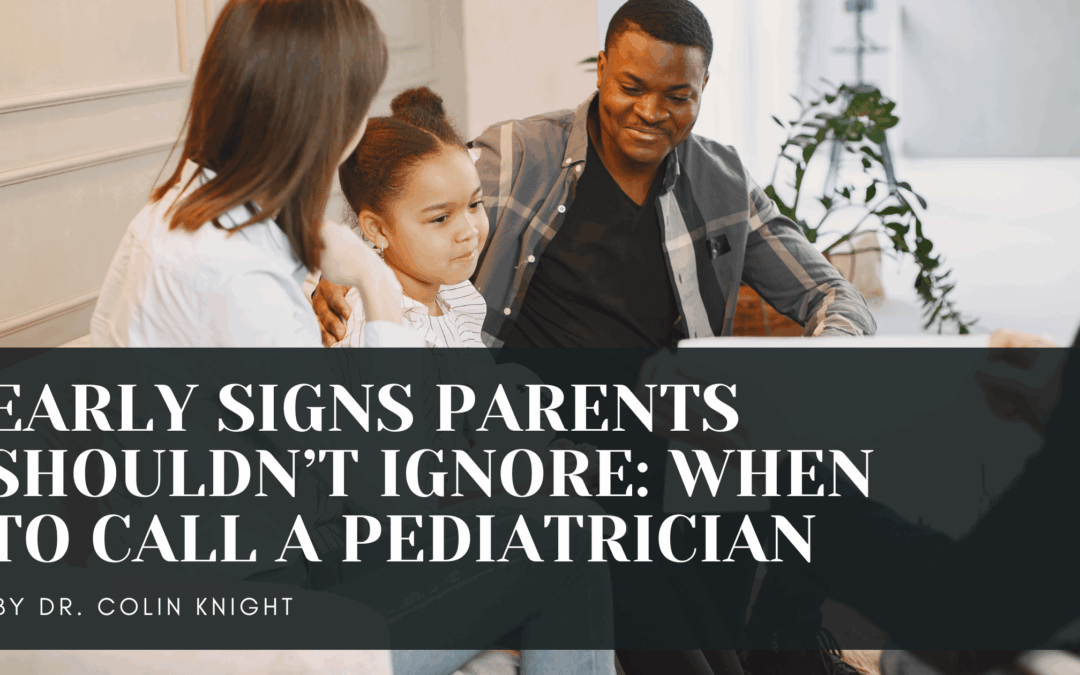Parenting often becomes a balancing act between worrying too much and trusting your instincts. While most childhood illnesses are minor and resolve on their own, certain symptoms should never be brushed aside. Recognizing the early signs of a potential health concern can make a critical difference in your child’s well-being.
One of the most important red flags is a persistent high fever. While mild fevers are common with colds or flu, a temperature above 102°F (39°C) in young children—or any fever in infants under three months—warrants a call to your pediatrician. If a fever lingers beyond a few days or is accompanied by lethargy, rashes, or trouble breathing, it could indicate something more serious.
Breathing difficulties are another key concern. Wheezing, rapid breathing, or labored breaths should never be ignored. Even if your child seems otherwise alert, breathing issues may point to asthma, allergies, or infections that require medical care.
Parents should also pay attention to changes in eating or drinking habits. A sudden refusal to eat, trouble swallowing, or signs of dehydration (such as fewer wet diapers, dry lips, or crying without tears) can quickly become dangerous for children.
Another warning sign is unusual lethargy or confusion. While kids get tired from play, extreme fatigue, difficulty waking, or unusual disorientation may signal more serious underlying problems. Similarly, persistent severe pain—whether in the head, abdomen, or limbs—should always be evaluated.
Additionally, watch for rashes that spread quickly or don’t fade when pressed. Some rashes are harmless, but others may indicate infections or allergic reactions that need immediate attention.
For infants and toddlers, developmental concerns also matter. Missing major milestones—such as not making eye contact, not babbling by certain ages, or losing previously acquired skills—should prompt a discussion with a pediatrician.
Trusting your instincts is key. Parents know their children best, and if something feels off, it’s worth reaching out for medical advice. A quick phone call to the pediatrician can provide reassurance—or ensure your child gets timely care. In children’s health, early action often prevents small concerns from becoming bigger problems.
